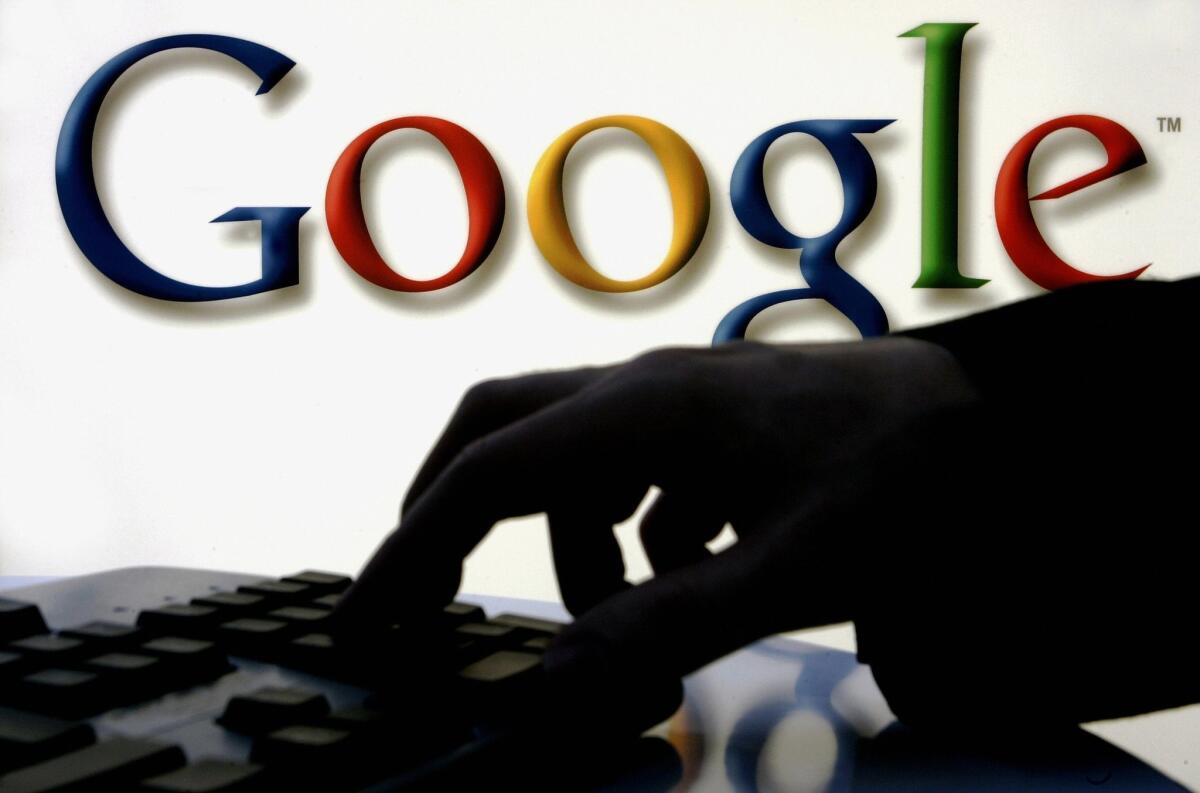Google Gmail scanning leads to arrest of man in child pornography

- Share via
Google’s controversial practice of scanning emails and analyzing users’ emails for targeted ads reportedly led to the arrest of a 41-year-old Houston man who has been charged with possessing and promoting child pornography.
According to a local TV station news report, Google detected a Houston man using Gmail allegedly to send explicit images of a “young girl” to his friend.
The Mountain View, Calif., tech giant reportedly alerted the authorities, who then allegedly found more child pornography on the suspect’s phone and tablet after obtaining a search warrant, KHOU reported.
The suspect, identified as John Henry Skillern, is being held on a $200,000 bond, according to the TV report, which said Skillern is a registered sex offender.
The practice of Google scanning Gmail messages has been controversial and has led to lawsuits that have accused Google of illegally opening and reading emails in violation of federal wiretapping statutes.
Google has argued that users agree to let Google read emails by accepting the service’s terms and privacy policy. Google says it automatically scans emails to target advertising based on words that appear in Gmail messages but says that machines, not people, do the scanning.
Late last year, Google Executive Chairman Eric Schmidt wrote a piece outlining several changes Google had made to remove child pornography from its search results, and last summer, Google announced that it was committing $5 million “to eradicate child abuse imagery online.”
“We’re in the business of making information widely available, but there’s certain ‘information’ that should never be created or found,” said Google Giving Director Jacquelline Fuller in a blog. “We can do a lot to ensure it’s not available online -- and that when people try to share this disgusting content they are caught and prosecuted.”
Follow me on Twitter at: @sal19







